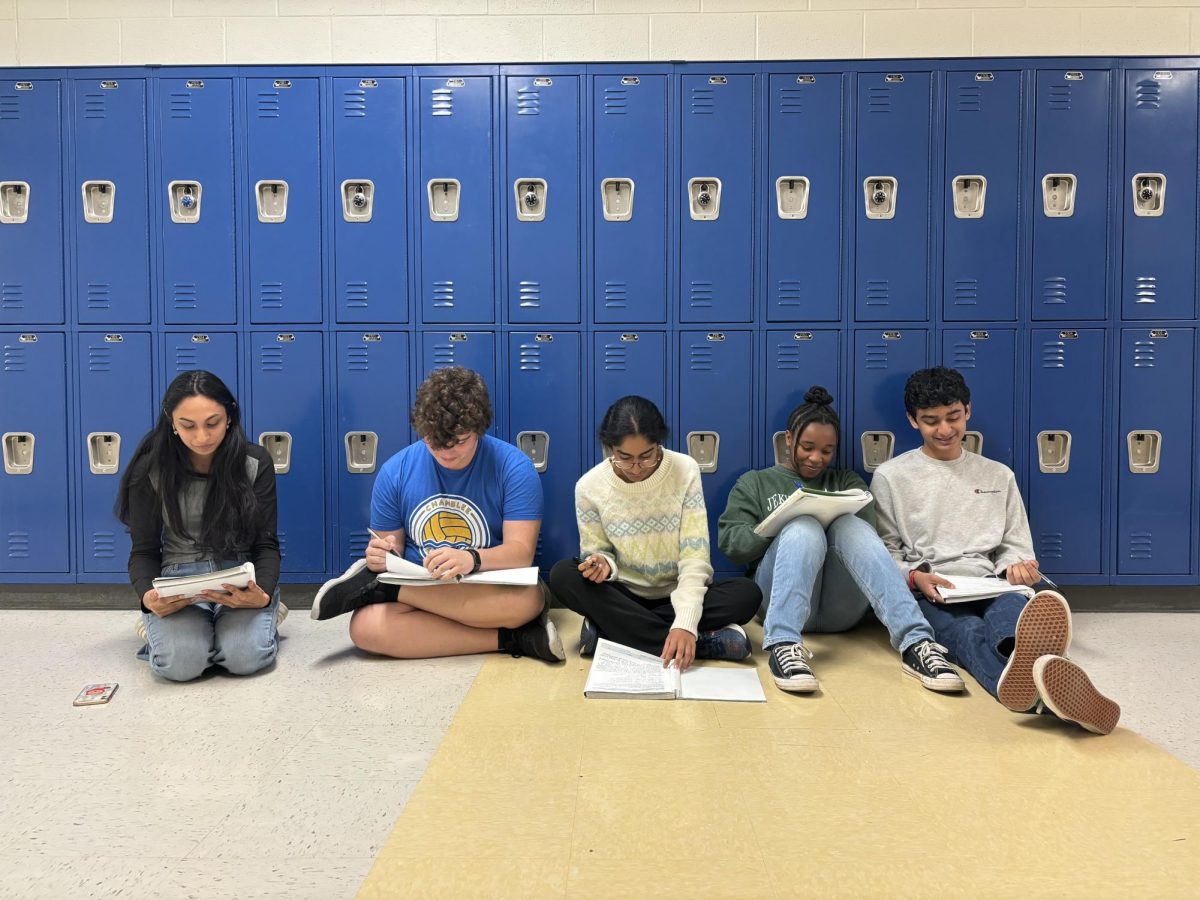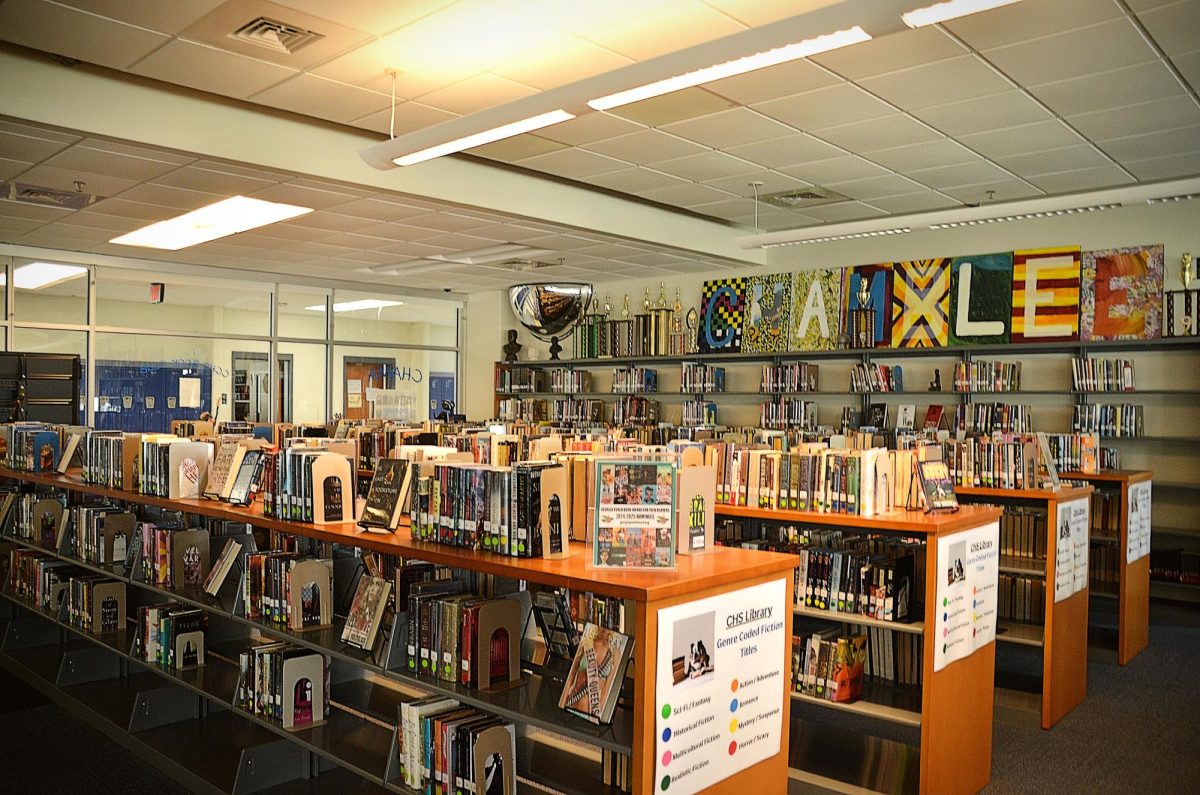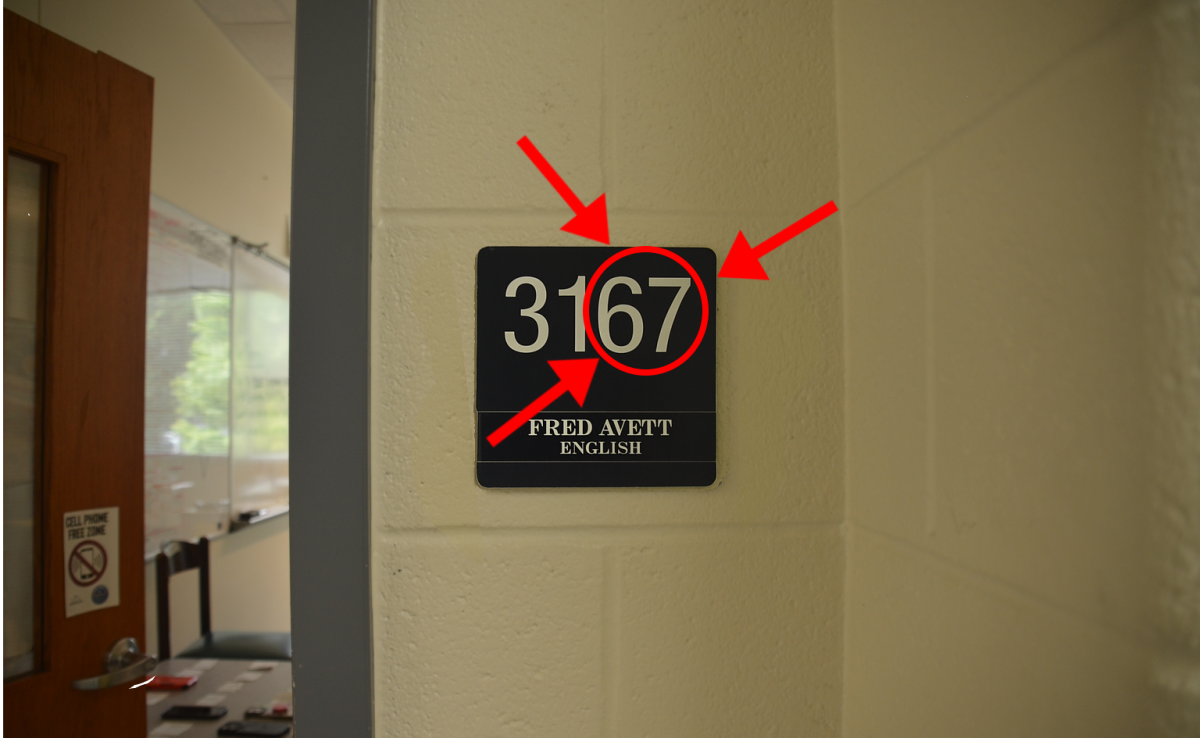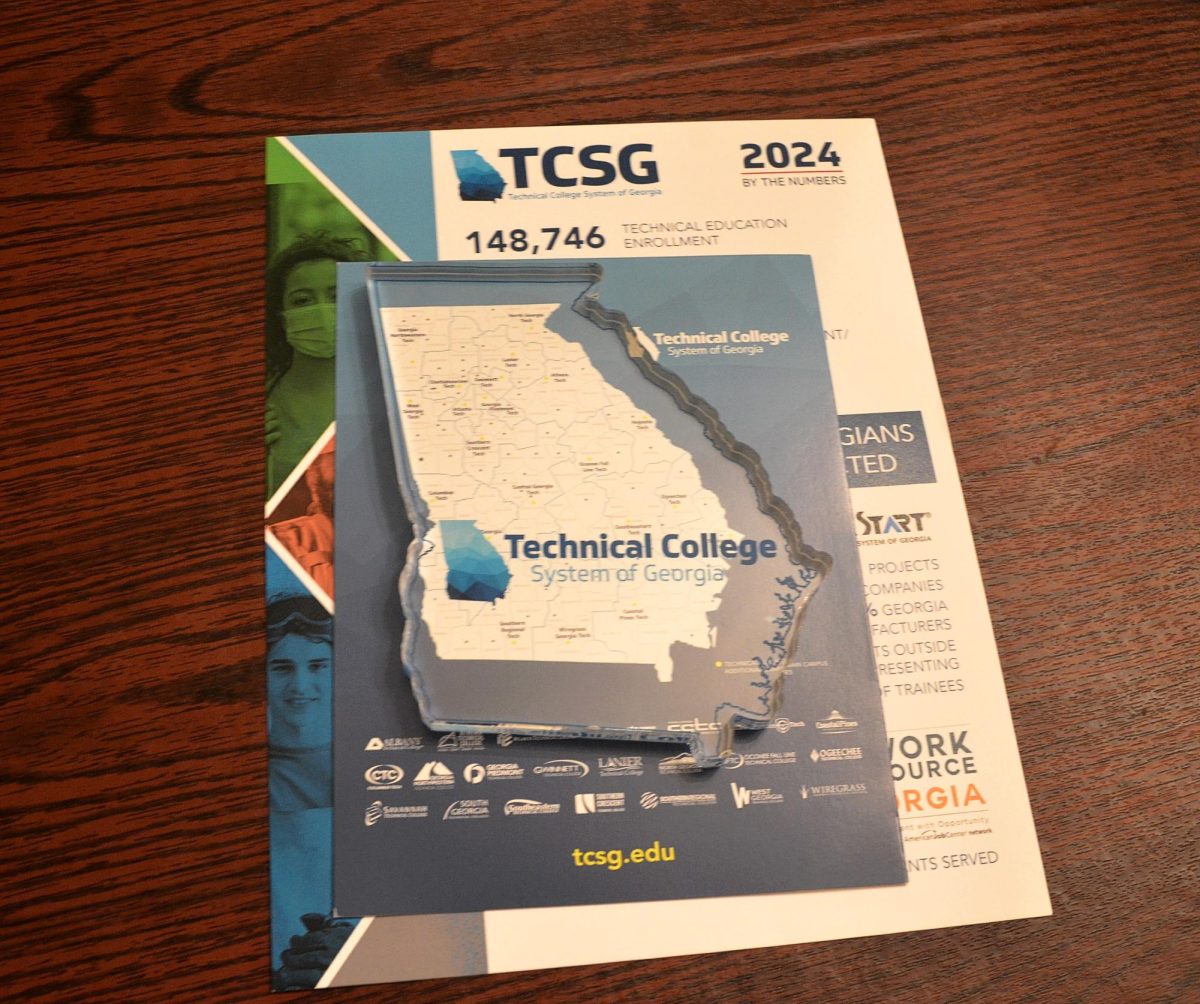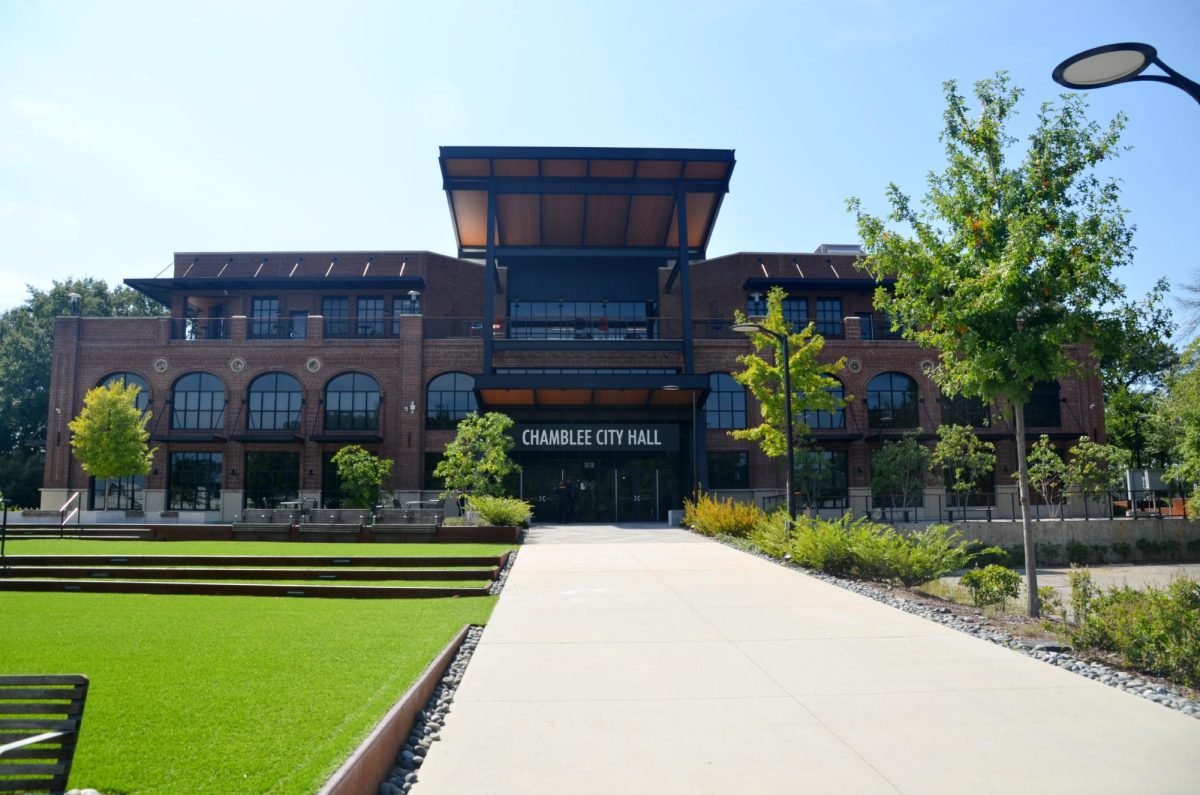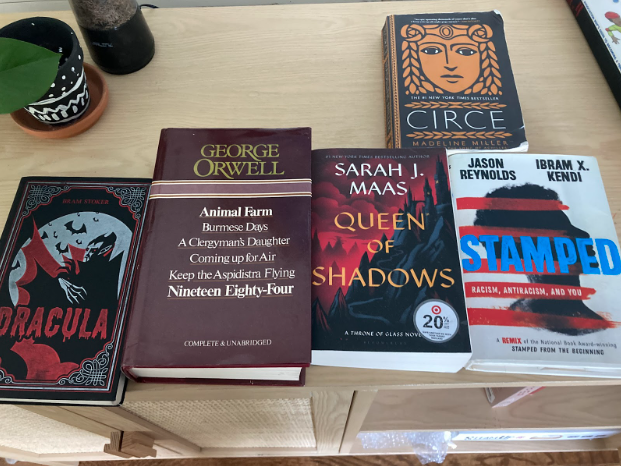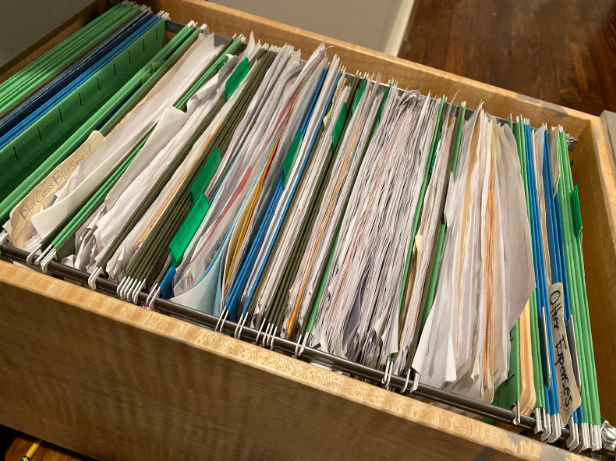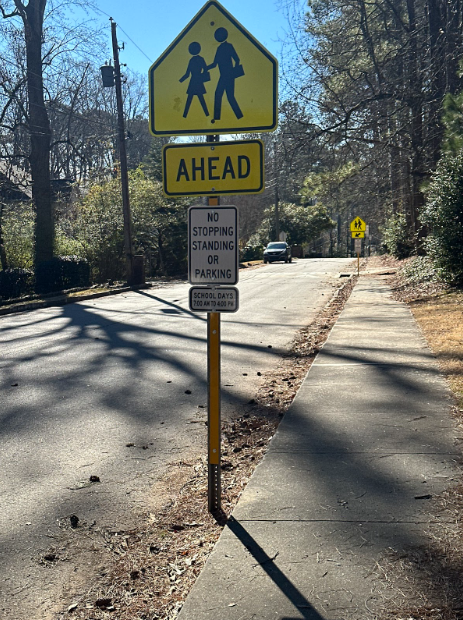Whether it’s late nights spent scribbling away in notebooks, memorization cards sprawled across your desk, or Quizlet, Kahoot, and Quizizz questions blurring together, many students know the pain of studying for big quizzes and tests. From listening to study playlists to meeting with teachers, many students have developed the study methods that work best for them. However, with midterm exams right around the corner, students aiming for good grades on their upcoming exams are searching for promising study tips to help them achieve their desired grades.
Studying is a critical component of preparing for a test, and it’s especially important for students who wish to improve their grade. There are many different study methods that work differently for different students, and study methods can also vary between subjects.
“For sciences like chemistry and physics, studying consists mostly of memorization. On the other hand, studying math requires understanding and practice. Then, the hardest subject to study for, in my opinion, is foreign languages because you have to memorize so much. However, there are always exceptions. For example, a science test could involve a lot of math,” said Aiden Lee (‘24).
For math, where application is a key component of most tests and quizzes, one way of studying is to rework old classwork problems.
“For math, I like reworking old problems. I do this by reading over old worksheets and redoing the problems that I didn’t initially understand,” said Tori Holliday (‘25).
For studying subjects like social studies where memorization of historical events, people, and dates is key, taking notes can be helpful.
“I study a lot right before a test, but taking notes outside of class helps tremendously with memorization for social studies,” said Cora Scherrer (‘26).
If just reading notes don’t help you memorize, then recitation or rewriting things could be an alternate form of studying.
“I find that reading over my notes doesn’t help much when it comes to studying. However, if I write stuff down, I am able to remember things better,” said Holliday.
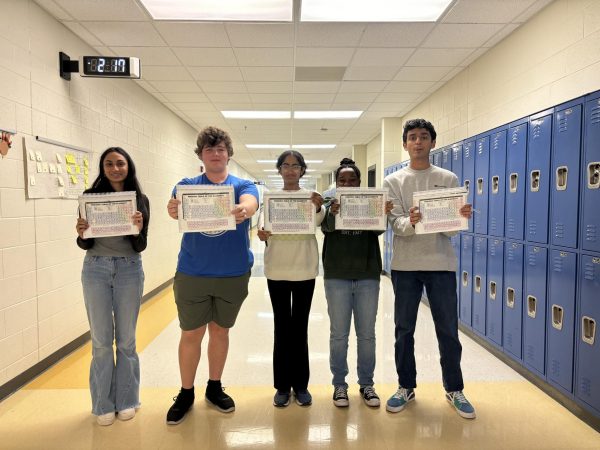
Chamblee High School provides textbooks that can help with comprehension of a topic by allowing students to read through sections and rework problems.
“When I don’t understand what we learned in class, I will talk to the teacher. Then, we have both a textbook we can read and lectures we can watch. Personally, I like reading the textbook more because it’s faster. With the textbook, you read the passage over your topic once to get a sense of what the concept is about, so you get a general sense of what you’re trying to do. Then, you read the passage a second time to figure out how the author got their solution. Finally, I read it a third time to check and make sure I know for sure how to do it. The best way to know I’ve mastered something is to teach it to myself or make myself an example problem to solve,” said Lee.
Many students also find it important to establish a timeline when studying for a specific exam.
“You should start studying for tests and quizzes early because if you start the night before, you’re not gonna remember. Repetition from studying earlier helps you recall the formulas and the big concepts that you need to know for the test,” said Holliday.
Furthermore, setting up specific days in the week for certain subjects can help you stay organized and prepared for the upcoming set of tests.
Lee said, “I study exclusively on the weekends for about an hour or two. I don’t like spending too much time studying because I can’t concentrate for a long period of time.”

